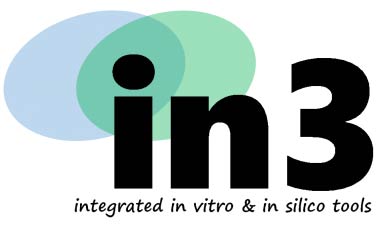Development of iPSC-derived conducting airways & application to toxicity testing
Newcells Biotech have been awarded a grant to employ a PhD student to help develop models of the human lung from iPSCs. The student will acquire a unique multidisciplinary skill set giving them a competitive employment advantage in safety assessment sciences either in industry, governmental bodies or academia.

- An iPSC derived conducting airway differentiation protocol in an air-liquid interface suitable for toxicity testing
- The model will be characterised with respect to drug and nanoparticle handling and tissue specific expression of ciliated epithelia, Clara, goblet, and basal cells. The model will be challenged with toxins and nanoparticles to investigate application to toxicity scenarios and to identify the window of opportunity for exposure
- Investigation of donor specific effects, initially using donors with P-gp SNPs
- To challenge the optimised system to the in3 compounds and perform mechanistic and kinetic studies
- Deployment of reporter iPSC and testing it with a larger compound set
- To create and optimise a pulmonary AOP in collaboration with ESR8 working on conducting airways this will involve a systematic review to identify hazards from chemical and nanomaterial inhalation exposure
Share on social media:
Don't miss out on our latest innovations: follow us on Linkedin
Newcells Biotech
1st August, 2017
Lung



